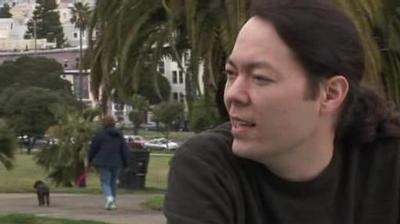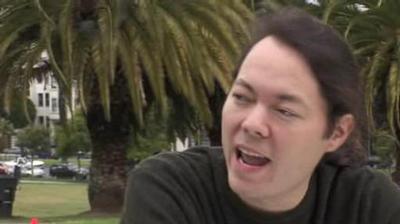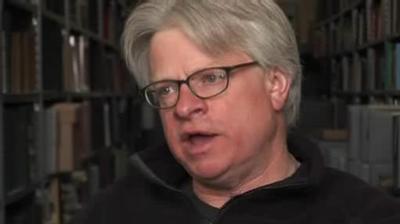
Even before the birth of copyright laws in the strict sense, there already existed systems for the control over information reproduction which gave the owners of copying equipment a stake in cultural production. Moglen sketches the history of copyright law as a form of industrial regulation, and analyses how the changes in technology have thrown the roles created by those laws into crisis. Where once control resided in the physical artefact itself, digitalization has forced the law to step in and control access rather than just copying.

Von Lohmann chronicles the legal actions which have met new media technologies for more than a century, demonstrating that neither current conflicts, nor the extreme language, are unprecedented. He goes on to outline how the lawmaking process in the United States structurally provides incumbent industry players with an advantage. Lastly he challenges the notion that Digital Rights Management (DRM) systems will provide an antidote to the copyright owners' woes.

Copyright law was traditionally a set of rules used amongst industry players such as publishers, entertainment companies and hardware producers, to settle disputes amongst one another. With the spread of media production technology into individuals homes, the terrain has shifted and the law is being used against users. Fred von Lohmann describes the escalating legal campaign against p2p that started with attacks on centralized sites, moved on to prosecuting software developers and finished up attacking individuals. The media industry has also succeeded in introducing laws which criminalize copyright infringement, and is attempting to associate the activity with terrorism so as to get more traction behind its efforts.

Here Prelinger underlines how innovative technology opens up new visions of the possible, but stresses that their ultimate effect is contingent on other factors. Many media platforms simply die and are not heard from again. Regarding copyright, Rick describes its emergence from an esoteric subject to a consumer issue, but emphasizes that from the point of view of cultural production, access to original materials will go on being more important than copyright issues in most cases. In closing he calls for a dialogue between users and producers of culture, to establish a new compact.